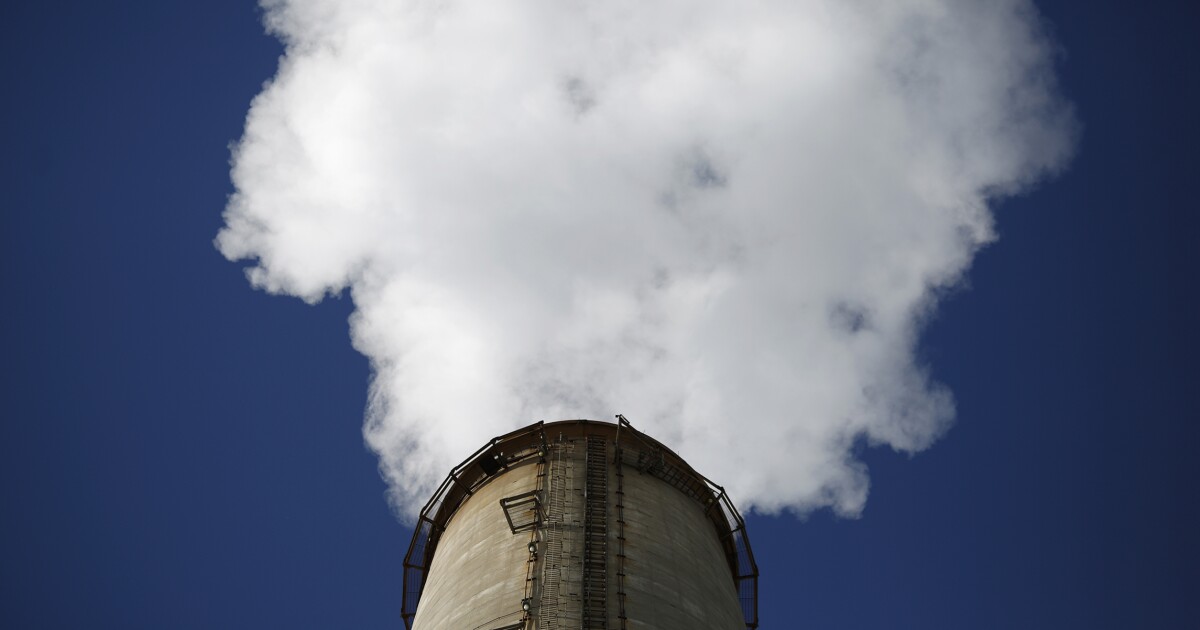

The Commodity Futures Trading Commission released guidance on Monday aimed at regulating voluntary carbon credit derivatives as Washington tries to impose control over a nascent market that has faced little oversight.
The agency’s standards will require exchanges to verify the quality of voluntary carbon credit derivatives, which base their prices on the methods companies use to offset emissions.
GAVIN NEWSOM MOVES TOWARD THE MIDDLE AS WHITE HOUSE RUMORS PERSIST
Agency Chairman Rostin Behnam said the move marks “the first time ever” the CFTC would propose regulatory guidance for derivatives exchanges relating to voluntary carbon credits. The guidance outlines that a contract relating to carbon offsets should ensure quality standards that include “transparency, additionality, permanence, accounting for the risk of reversal, and the robust quantification of emissions reductions or removals.”
The CFTC is also trying to minimize “double-counting,” which occurs when multiple carbon credits are backed by the same projects.
The move comes as agencies across the globe try to create frameworks overseeing an emerging market that faces little regulation. The move also comes the day after the International Organization of Securities Commissions, the top agency representing securities watchdogs, launched a consultation on standards for voluntary carbon markets at COP28 in Dubai.
“I commend the efforts of Chair Behnam and the CFTC to support high-integrity voluntary carbon markets (VCMs),” Treasury Secretary Janet Yellen said in a statement. “The proposed guidance issued for public comment today represents an important step by the CFTC toward promoting the integrity of carbon credits and enabling greater liquidity, price discovery, and responsible product innovation for credits that underlie derivatives products listed on CFTC-registered exchanges.”
CLICK HERE TO READ MORE FROM THE WASHINGTON EXAMINER
The guidance also comes at the behest of congressional Democrats, who had previously requested for the agency to establish rules governing the carbon market. Senate Democrats had expressed concerns that carbon offset projects could be “frequently illegitimate” because they provide fossil fuel companies a lifeline while continuing to pollute the environment, according to an October 2022 letter sent to Behnam.
“Extensive research indicates systemic and persistent issues with offsets, including inaccurate or exaggerated promises of the positive effects, inflated climate benefits, and weak or unenforceable regulations,” the senators wrote. “These fraudulent investments are a convenient and profitable way to market climate consciousness without requiring real action to reduce emissions.”





